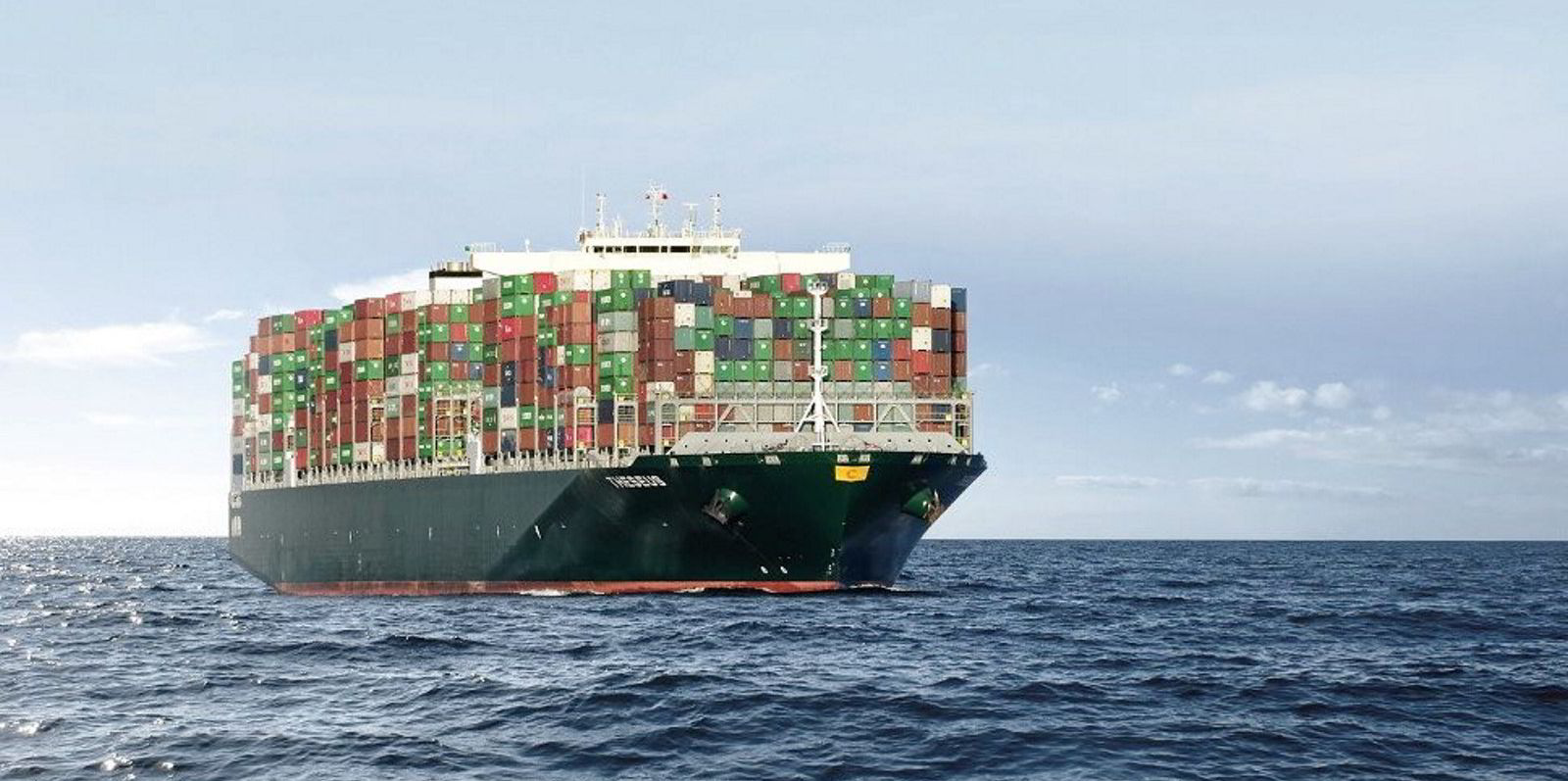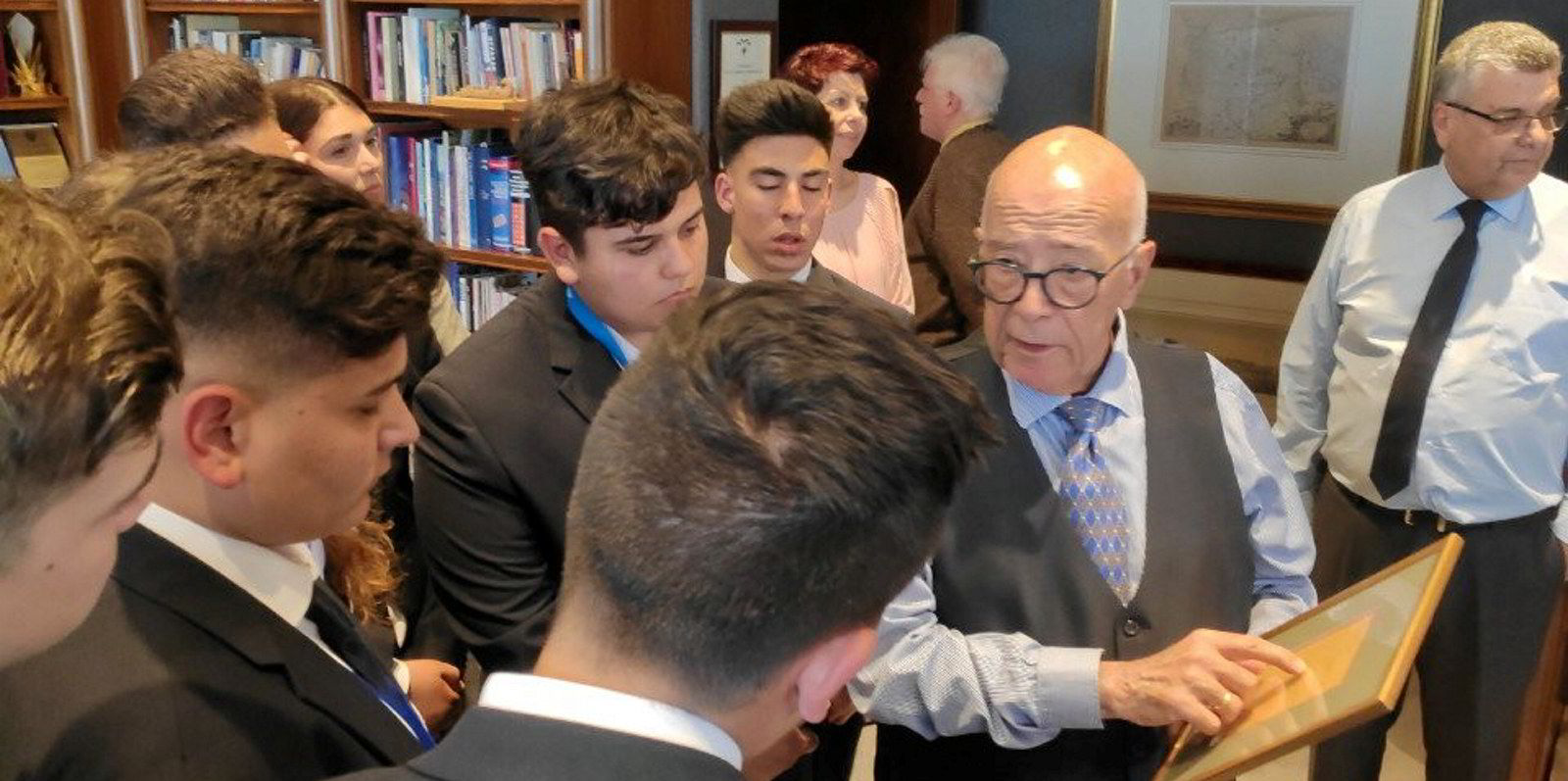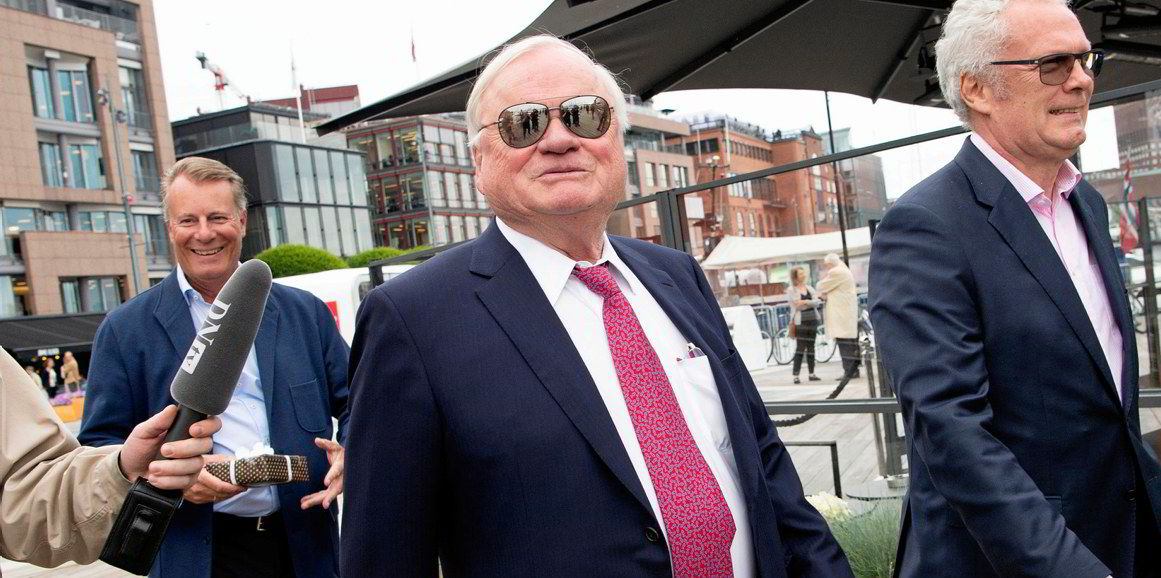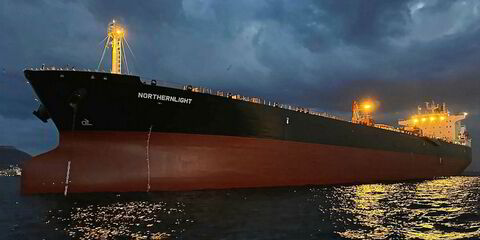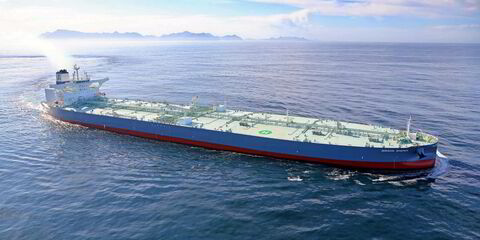Some had not managed bulkers for nearly 30 years. Others were never in tankers before. A few had even vowed to never buy a ship on the secondhand market and replenish their fleet with nothing but newbuildings.
Yet none of those Greek shipowners hesitated to change tack and throw decades of habit overboard when disruption in the wake of Covid-19 put them in front of enormous challenges and huge opportunities.
“When the world around you changes, you change as well,” said one market source, who has been observing the scene for decades.
The most breathtaking Greek shipping bets were placed in the dry bulk sector.
Two US-listed companies alone — Castor Maritime and former containerships specialist Costamare — invested at least $750m between them on 52 bulkers in the secondhand market.
But that was just the tip of the iceberg. Greek activity in the sale-and-purchase market soared this year across all segments.
Booming ship transactions
Whether as buyers or sellers, Greeks were involved in 446 confirmed ship transactions between 1 January and 17 August this year, according to TradeWinds data.
That is already more than the 433 transactions TradeWinds kept tabs on for the full year of 2020.
Greek buying was particularly intense in bulkers, where a tenuous recovery gathered steam early in the year and developed into a full-blown market boom over the summer, particularly for smaller ship sizes.

Even players such as Meadway Bulkers, whose family tradition was to rely on newbuildings rather than secondhand tonnage, pounced in the S&P market to secure ships and benefit from booming freight rates.
As a result, two out of three times — where a bulker changed hands between a Greek and non-Greek so far this year — Greeks were on the buying side.
The exact opposite occurred in containerships. In a market where ship values soared and magnificent asset plays were to be had, Greeks were on the selling side 66% of the time.
Players from the Embiricos, Logothetis, Tsakos, Procopiou and Savvas families multiplied their initial investments by selling ships to tonnage-hungry big liner companies.
Mediterranean Shipping Co (MSC) and CMA CGM bought 19 Greek-controlled ships between them so far this year, boosting Greek sellers’ coffers by more than $650m in the process, according to TradeWinds estimates.
Wait-and-see mode for tankers
Tankers, on the other hand, offered a mixed picture, with Greek sellers outweighing Greek buyers in transactions at a margin of 57% to 43% — a smaller ratio than that seen in containerships.

The prolonged market downturn has affected the Greek market as well, resulting in one high-profile victim.
Unable to meet financial obligations to both bondholders and leasing partners amid a market slump, traditional player Eletson saw much of its tanker fleet shift through the exit door. The company’s separate gas carrier unit has remained unaffected.
However, it was mostly Greek companies again who swooped on the Eletson tankers. Indicative of Greeks’ countercyclical streak, that included the Tsangaris family, who was known to be active in bulkers only.
Some players even shrugged off the tanker crisis entirely. Onassis group outfit Olympic Shipping and Management has focused exclusively on its tanker fleet this year, offloading its last bulkers amid bumper secondhand prices.
Other major tanker owners such as the Angelicoussis Group, Okeanis Eco Tankers, Pantheon Tankers and Thenamaris have been playing a wait-and-see-game.
Taking advantage of surprisingly steady secondhand prices for tankers, they have sold several ships to make money for shareholders or to renew their fleets with younger secondhand vessels and newbuildings.
It was perhaps the tanker newbuilding market that saw Greeks at their most daring.
In the teeth of the downturn, companies such as Maran Tankers, Samos Steamship, Avin International and Enesel ordered an impressive number of around 30 newbuildings so far this year, according to TradeWinds data.
These orders mostly reflect long-term fleet-renewal strategies that are little disturbed by market vagaries.
However, in some cases, they represent successful asset plays with yard slots. Evangelos Pistiolis offered a lesson in this art when he recently sold to John Fredriksen six out of the eight VLCC newbuildings he had ordered in South Korea.
Just by moving quicker than the competition in booking them, Pistiolis is estimated to have made a profit of about $25m.

